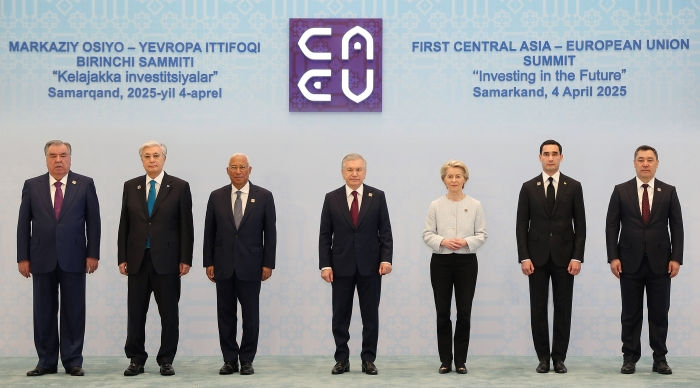Propaganda and Russian Germans: The case of Odnoklassniki
- Rashid
- Nov 20, 2022
- 2 min read
Updated: Nov 27, 2022
Why should we be concerned about Russian propaganda reaching Russophone audiences in Germany and elsewhere beyond Russia? Who are the Russian Germans? How are they connected to the rise of nativist populist politicians in Germany? Had the pleasure of discussing these and other questions with Azizjon Berdiqulov - an old friend of mine and a prominent researcher at the European Centre for Minority Issues (ECMI).
Sharing key points and the video below.
What is the problem?
- Citizens of Germany and the EU more broadly are exposed to Moscow’s propaganda reaching audiences online despite the ban on Russia's key international broadcasters.
- Thematic groups on Russia’s Odnoklassniki platform are targeting “Russian Germans” with pro-Putin, anti-Ukraine and anti-EU narratives.
- Persons targeted by Russian propaganda possess German passports and therefore vote in a particular manner in the domestic and EU-level elections, supporting illiberalism and Euroscepticism.
- Online environments for "Russians in Europe" on Odnoklassniki platform are poorly moderated and serve as not only spaces for spreading disinformation but also for inter-ethnic hatred and calls for violence.
What are the specific narratives shared on Russophone publics on Odnoklassniki?
The shared narratives conveniently fit those disseminated by the Kremlin as well as the narratives instrumentalised by rightist-populist-nativist politicians in Europe.
- Ukrainian refugees are demonized and portrayed as violent, dishonest and costly for Germany.
- Volodimir Zelenskyy is portrayed as a nazi, a drug addict and a homosexual.
- German political leadership is portrayed as inadequate, overly liberal and wrongly hostile to Russia.
- Russia's war atrocities are denied and putin is glorified.
What needs to be done
- Russia’s state propaganda must be countered with a comprehensive media campaign targeting audiences inside and beyond the country.
- Banning RT and Sputnik from broadcasting in Europe will have a minimal effect if news-sharing practices taking place in the digital domain are not properly addressed.
- Counternarratives must be created in the Russian language and disseminated among Russophone publics across Europe. Ideally, these counternarratives would also penetrate Russia.
- Counternarrative strategies must penetrate a variety of social media platforms, including VKontakte, Odnoklassniki, Telegram, and YouTube while the latter is still accessible in Russia.
- Thematic online publics must be closely monitored and carefully moderated to prevent destructive, hostile and disinforming content from reaching audiences.
- Admins and individual users of such groups on EU soil must be kept accountable for their online activities.





Comentarios